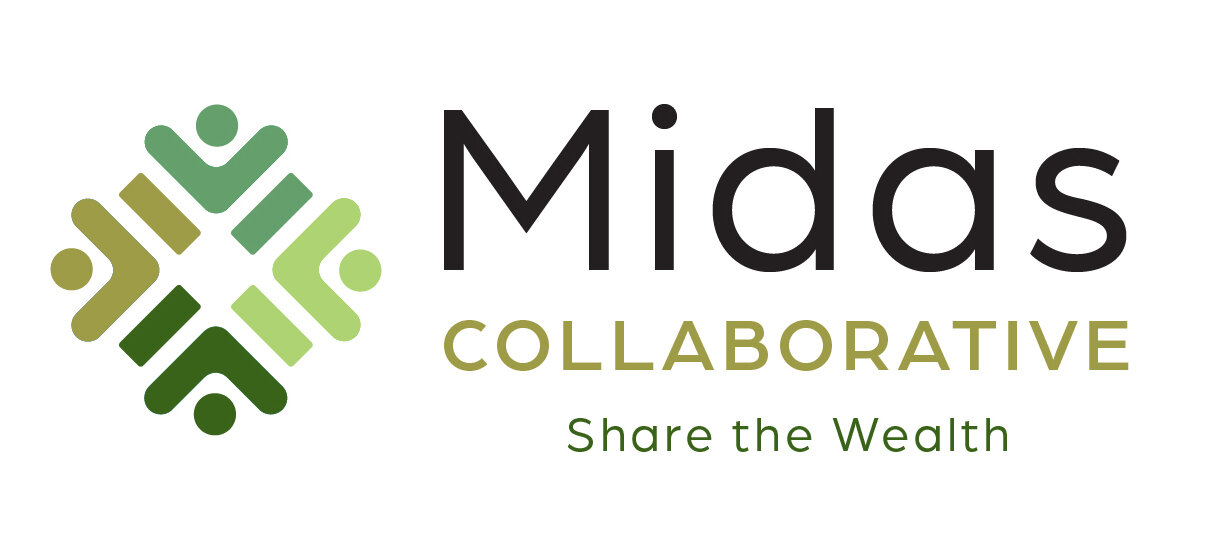OP-ED F.E.N. Chair Scott Guild: Failure to Invest in a Personal Finance Requirement is Pennywise and a Pound Foolish.
The latest research indicates that students in states with a personal finance requirement develop healthy financial behaviors i.e. incur less debt, are more likely to be current on student loans and have fewer defaults on those loans. 88% of adults think that the schools should provide personal finance. 29 states have established statewide personal finance requirements. Yet Massachusetts, a state known for the quality of its education, has not found the political will to enact legislation that would ensure that all students have access to a comprehensive education that will prepare them to contribute as informed citizens to a sound economy. In Massachusetts 6.8% of public high schoolers are required to take a standalone personal finance course.
Much of the conversation nationwide focuses on a high school requirement because it is the launchpad for students into the larger worlds of college, work and the military. Each one of these new worlds have unique financial components, whether it is the college ecosystem of award letters, financial aid and work study, or in the case of the military, payment during deployments and the importance of an emergency fund to address unexpected emergencies, or in the case of work, health care and insurance. Each of which could be a course of their own.
However, the idea that one course in high school could prepare students for the financial world in which they will live and work is not congruent with the way that we approach k-12 education. Just-in-time financial education can only work if we have developed the financial muscle strength like considering options before buying, and introduced critical executive functions like deferred gratification along the k-8 educational journey so that when we get to the point where students will be making significant financial decisions like work, versus the military or college and how to pay for going to college, students will have developed a healthy relationship with money and a personal self-awareness regarding financial values.
To that end, any statewide action to guarantee that all students have access to financial literacy in the curriculum should begin with a high school requirement but must include k-8 standards integrating personal finance content into the core curriculum.
We, at the Financial Empowerment Network, are advocating for the legislature to enact a personal finance law that requires a standalone high school class in personal finance along with the Department of Elementary and Secondary Education creating regulations that introduce age- appropriate personal finance content throughout the K-8 standards.
We estimate that a statewide improvement of this type will cost less than 1 million dollars for the initial implementation and teacher training, but that is a mere pittance in comparison to what societally we pay in money lost to cryptocurrency, gambling addition, personal identity loss and fraud*. An informed customer is our best client and citizen.
*A study by the National Financial Educators Council found that financial illiteracy cost Americans an estimated $436 billion in 2022, with individuals losing an average of $1,819 due to poor financial knowledge.

